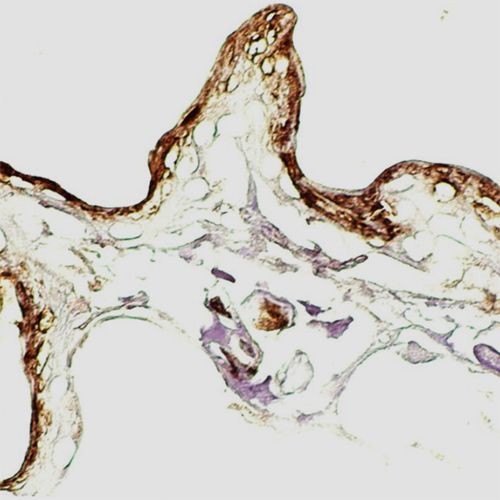Fecal Dx antigen testing
Detect parasite infections even before eggs are present.


Check another parasite off the list.
The most accurate, reliable diagnostic for shining a light on the most common and clinically relevant intestinal parasites in dogs and cats is Fecal Dx antigen testing. And soon, this test will detect Cystoisospora.
By testing for antigens rather than relying on the presence of eggs, you can detect earlier for hookworm, roundworm, whipworm, flea tapeworm, and—coming soon—Cystoisospora.
Earlier detection than fecal floatation1–5
Detect up to 5X more infections than fecal floatation alone1,4,6
Find what the microscope misses with Fecal Dx antigen testing2–5
- Identify infections prior to eggs being shed.
- Avoid false-negative results caused by intermittent shedding of eggs.
- Detect worms even if eggs are not present in the fecal specimen.
See how early detection works.
Watch our latest video on fecal antigen testing.
Help protect pets and families like never before.
Detecting infections sooner helps you treat effectively, reducing the risk of infection to other pets and family members.6

Read a peer-reviewed study
The overall prevalence of Dipylidium caninum (flea tapeworm) was found to be 5.8% in North America.
Immunoassay for detection of Dipylidium caninum coproantigen in dogs and cats

Discover more intestinal parasite infections
With Fecal Dx antigen testing, find parasite infections the microscope misses.

Get diagnostic support
From infection to presentation: learn how to diagnose hookworm, roundworm, whipworm, and flea tapeworm earlier.

Screen for 9 diseases and infections carried by ticks, mosquitoes, and worms using IDEXX-exclusive tests
Learn about comprehensive parasite screening with IDEXX Preventive Care
Complete this form to have an IDEXX sales representative contact you
References
- Elsemore D, Beall M, Bezold T, et al. Detection of Dipylidium caninum coproantigen in experimental and natural infections [AAVP Abstract 23]. Paper presented at: American Association of Veterinary Parasitologists 67th Annual Meeting; June 26, 2022; Snowbird, UT
- Elsemore DA, Geng J, Flynn L, Cruthers L, Lucio-Forster A, Bowman DD. Enzyme-linked immunosorbent assay for coproantigen detection of Trichuris vulpis in dogs. J Vet Diagn Invest. 2014;26(3):404–411.
- Data on file at IDEXX Laboratories, Inc. Westbrook, Maine USA.
- Data on file at IDEXX Laboratories, Inc. Westbrook, Maine USA: Aggregate detection of hookworm, roundworm, and whipworm infections.
- Elsemore DA, Geng J, Cote J, Hanna R, Lucio-Forster A, Bowman DD. Enzyme-linked immunosorbent assays for coproantigen detection of Ancylostoma caninum and Toxocara canis in dogs and Toxocara cati in cats. J Vet Diagn Invest. 2017;29(5):645–653. doi:10.1177/1040638717706098
- Data on file at IDEXX Laboratories, Inc. Westbrook, Maine USA. Preliminary data on positive rate for Dipylidium caninum is approximately 6%.
- CAPC guidelines: controlling internal and external parasites in U.S. dogs and cats. Pets & Parasites website. www.petsandparasites.org/resources/capc-guidelines. Accessed July 25, 2022.

